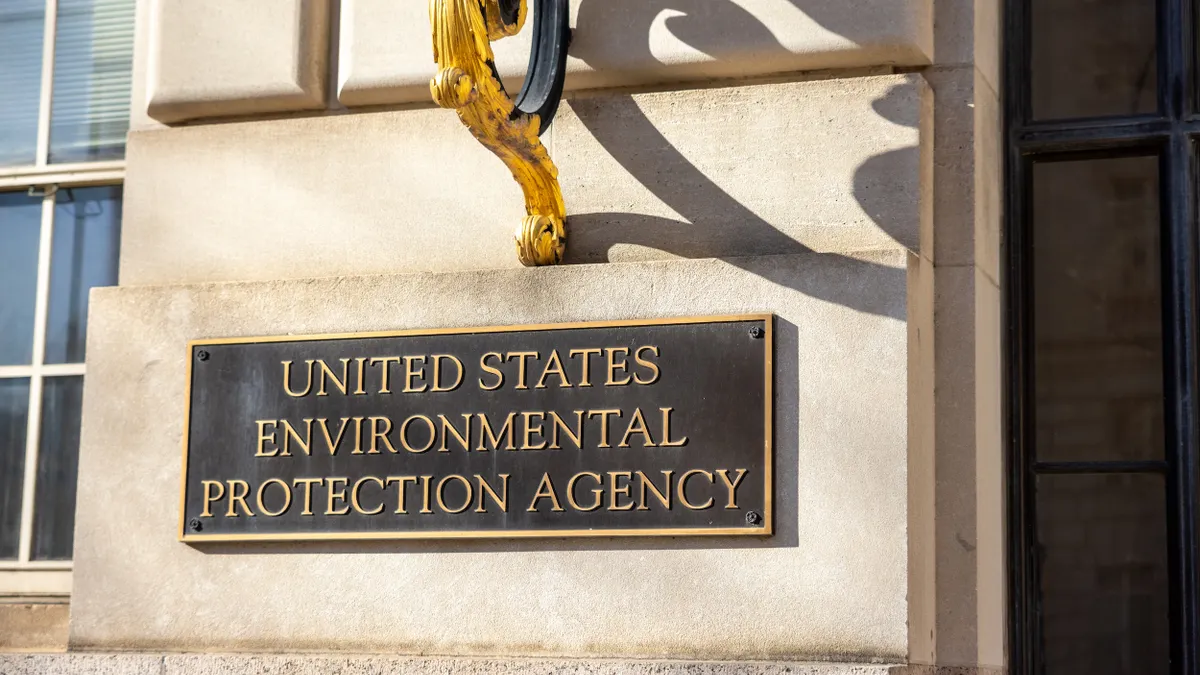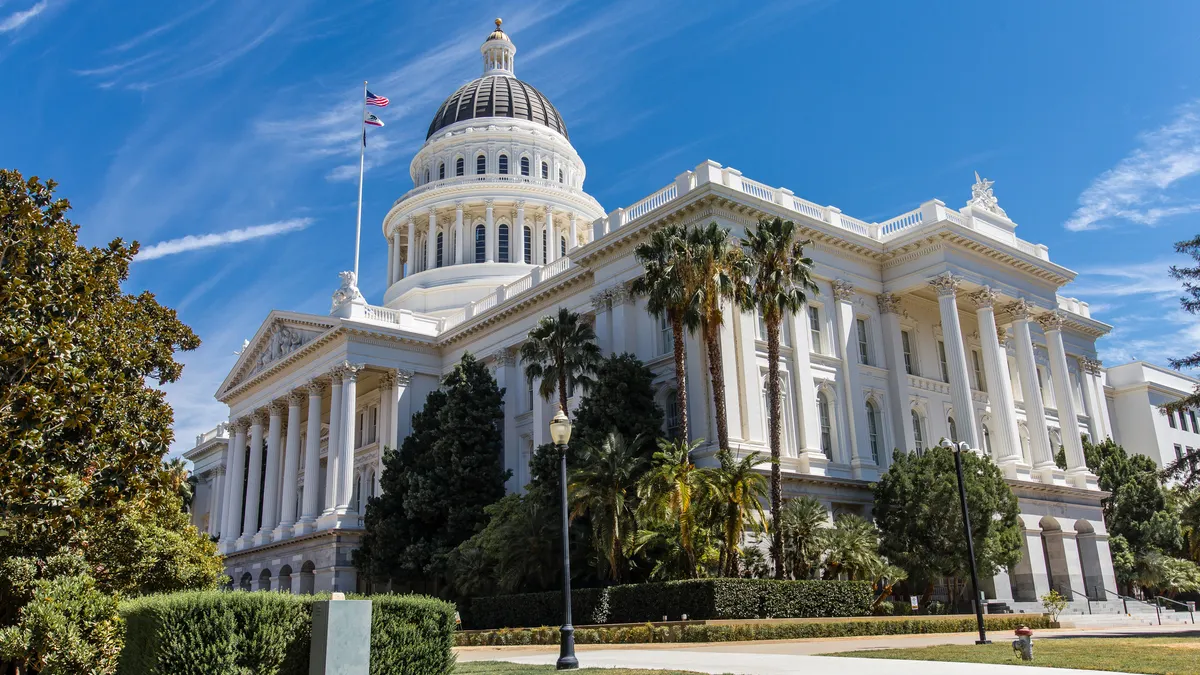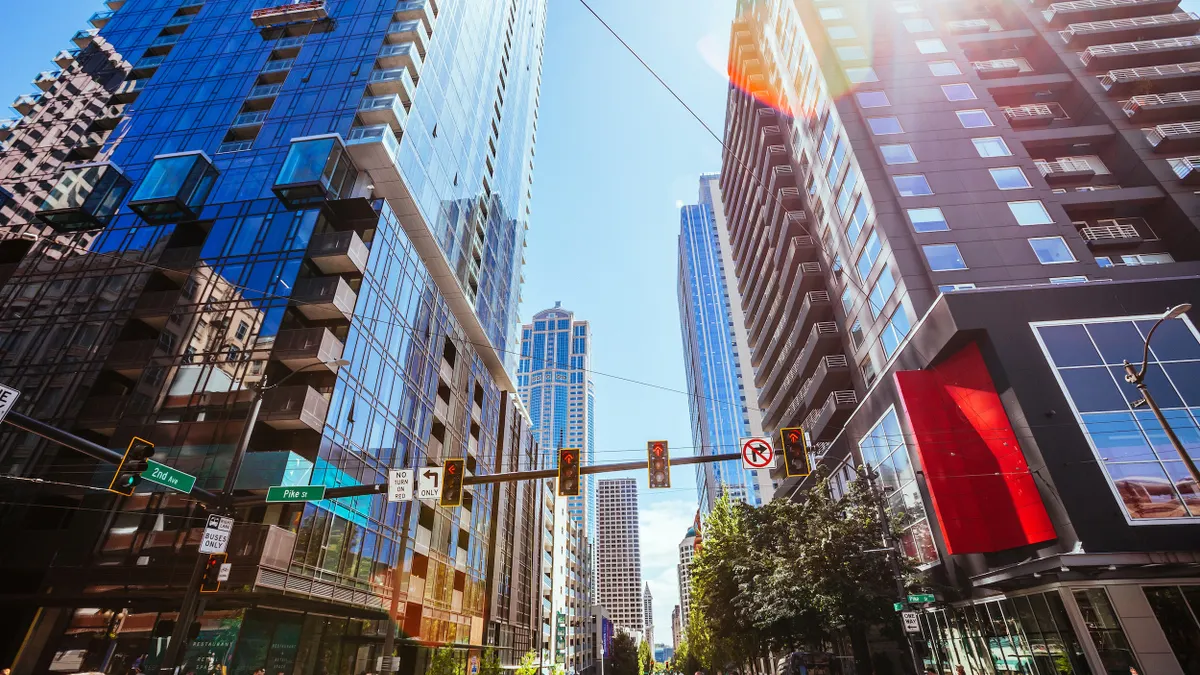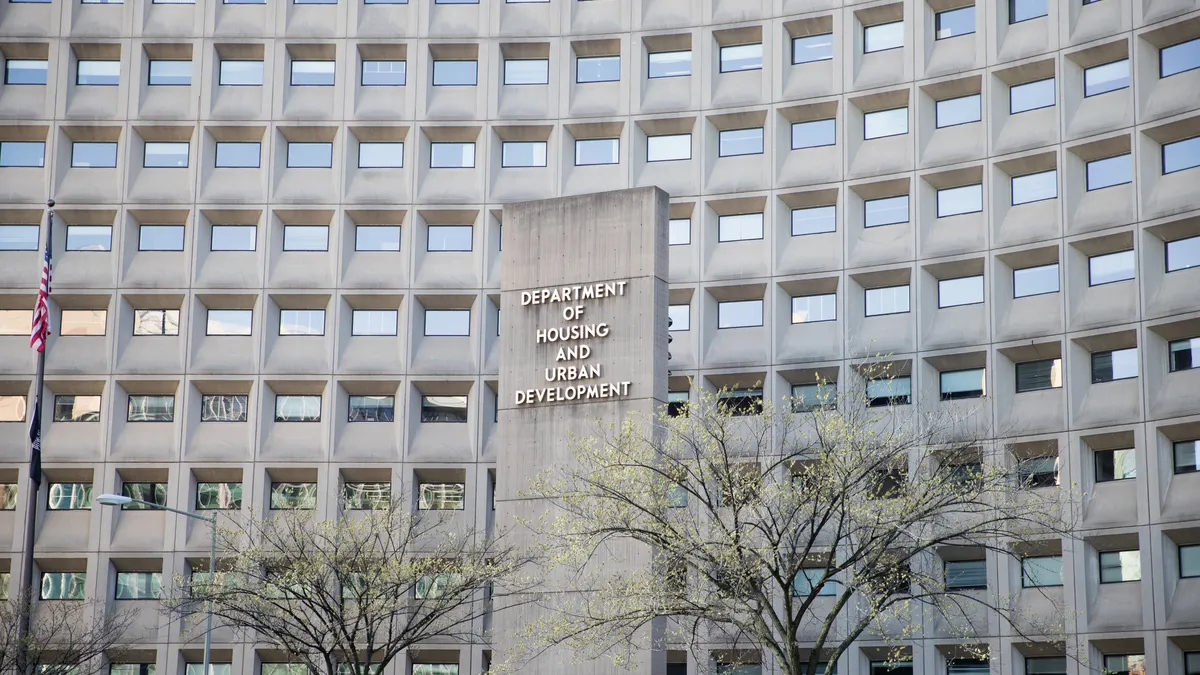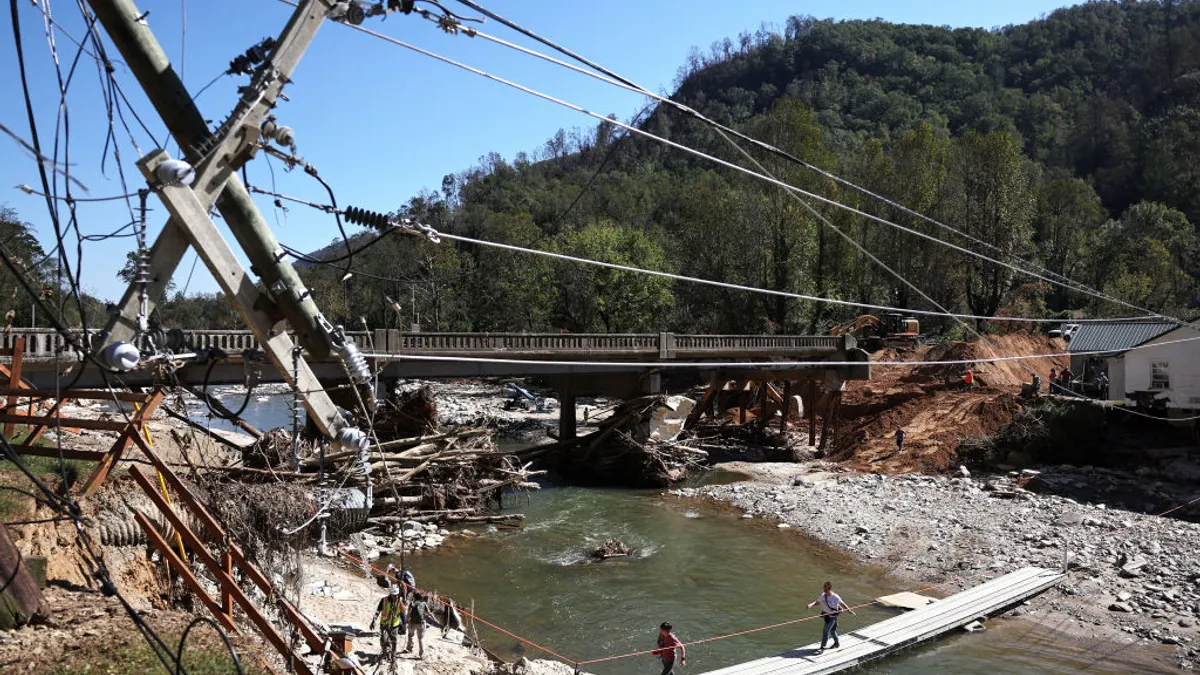Editor's Note: The following is a guest post from Gil Elbaz, founder and CEO of location data company Factual.
America needs smarter cities, which starts with more technology that’s powered by better data. Municipal governments need to increasingly look at potholes, fire hydrants, school exits and stop lights, not as humdrum parts of folks’ routines, but for useful data that can make lives better and safer.
There’s a lot of work to do. In 2018, there were 44 U.S. counties with more than a million people. Yet, only nine local governments have implemented an API platform for citizens to accomplish tasks like notifying their public officials of current issues and problems ahead.
That kind of basic API service should be common, as these matters can be life and death. If I see a house burglary happening on my block, I can notify the police. But will police officials instantly alert other residents in the area? No, they won’t, because they don’t have the right technology in place. And I don’t have access to all of those phone numbers, so I couldn’t quickly inform the entire neighborhood.
Government is tough for innovation — but not without great potential
Why don’t communities use tech to better help themselves? Governments at every level have been historically challenged when it comes to innovation. There is a lack of engineering talent, which is the result of a lack of funding that’s necessary to compete in compensation for star performers. And with a lack of talent, there’s a lack of risk-taking and innovative culture.
These problems represent an opportunity for tech players to help. To promote smarter cities, we need more evangelists like Megan Smith, former chief technology officer in the Obama administration, and DJ Patil, former U.S. chief data scientist from 2015-2017, to provide transparency around possible opportunities. We also need more leadership from the president, governors, mayors and national and state legislators, and we need tech execs to reach out to politicians to encourage progress.
Benefits of data-powered cities
In particular, location data can help cities develop better long-term plans. For instance, Uber is working with Manila, Sydney, Boston and Washington, DC, letting those municipalities use the ride-share app’s database to aid city transit planners.
While most cities haven’t fully explored location data’s potential use cases for commercial zoning, private company WeWork offers a glimpse into the possibilities. The work-space company sussed out desirable locations in cities nationwide by capturing the density of bars, coffee shops, restaurants and other amenities in neighborhoods, and then it opened several successful outlets across the country.
Cities will be planned in similar ways; parks, public transit and thoroughfares will be improved by understanding foot traffic and car traffic patterns. For instance, after 3D mapping startups like Fantasmo, Deepmap, Velodyne Lidar and Civil Maps mature, they will offer intelligence at scale on granular ideas, such as the safety and location of swingsets or park benches.
How tech-government collaborations are already working
There’s a wide range of ways technology can make tax-supported services better. According to federal regulators, getting first responders to the scene of an emergency 60 seconds earlier could save as many as 10,000 lives a year.
Google is making intriguing progress on the first-responders front. The search engine giant has been testing technology for getting accurate location for first responders from 80% of phone calls within the first 30 seconds. Furthermore, Google is now distinguishing a given caller's location to a 120-foot radius. When it comes to firefighters and ambulance EMTs, every second counts — so Google’s work looks to save lives.
Location technology can make our commutes safer when entrepreneurs work with city officials. For instance, Transport for London (TfL) provides location technology to public transport apps about bike accidents and other traffic info in the city, allowing daily cyclists to avoid dangerous routes. This kind of technology is going to become a must-have for other cities, as ride-sharing bicycles and scooters become the norm.
More APIs, better services
We’ve only scratched the surface for what public good can be accomplished with high-quality, data-powered technology that is accessible. Every city government needs an API for these services to flourish.
It’s not always easy to fulfill the potential that technology has to improve services and the general well-being of the public, but the opportunity is there for the taking. As stewards of our communities, why wouldn’t we take on this mission?






